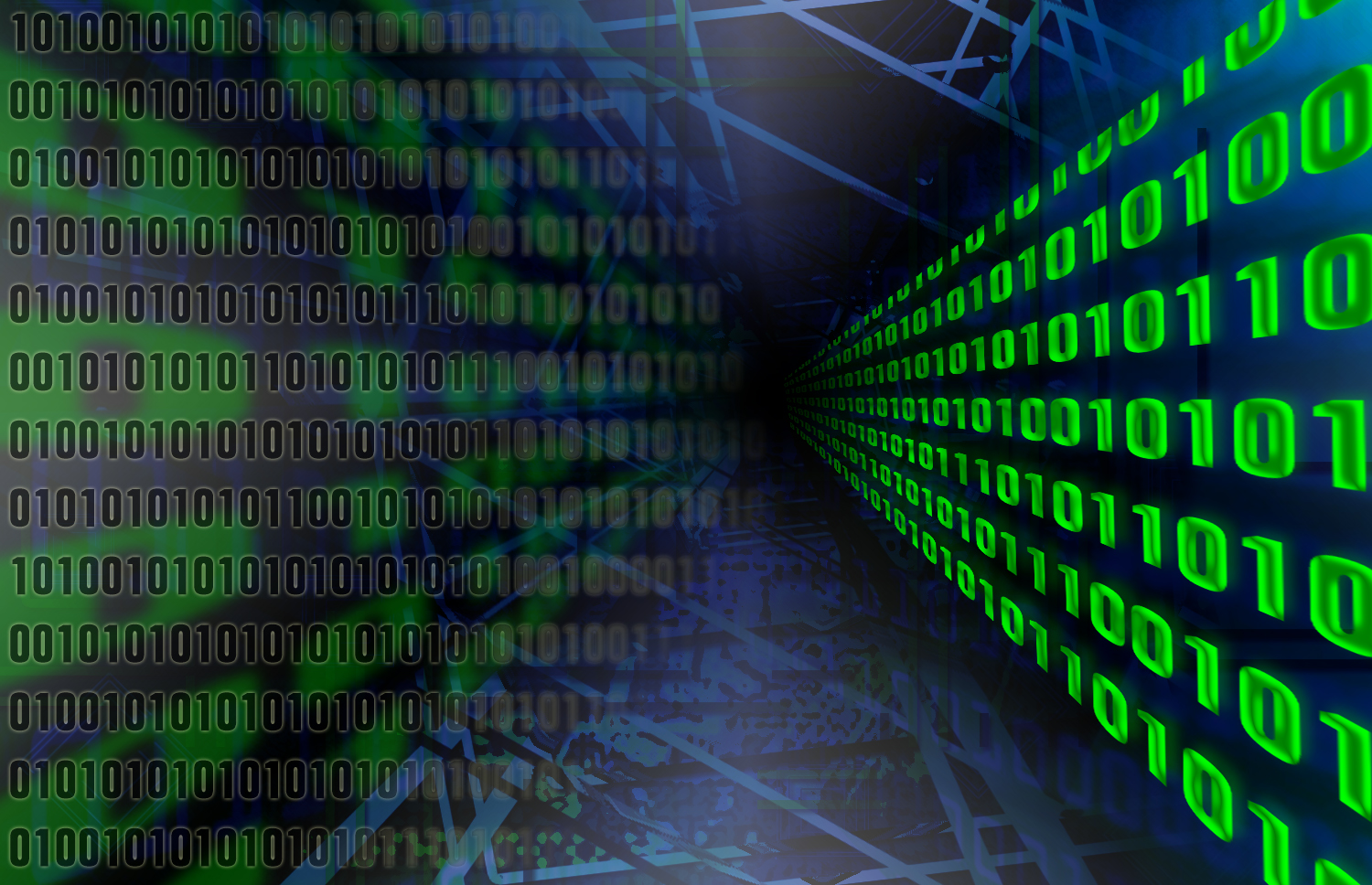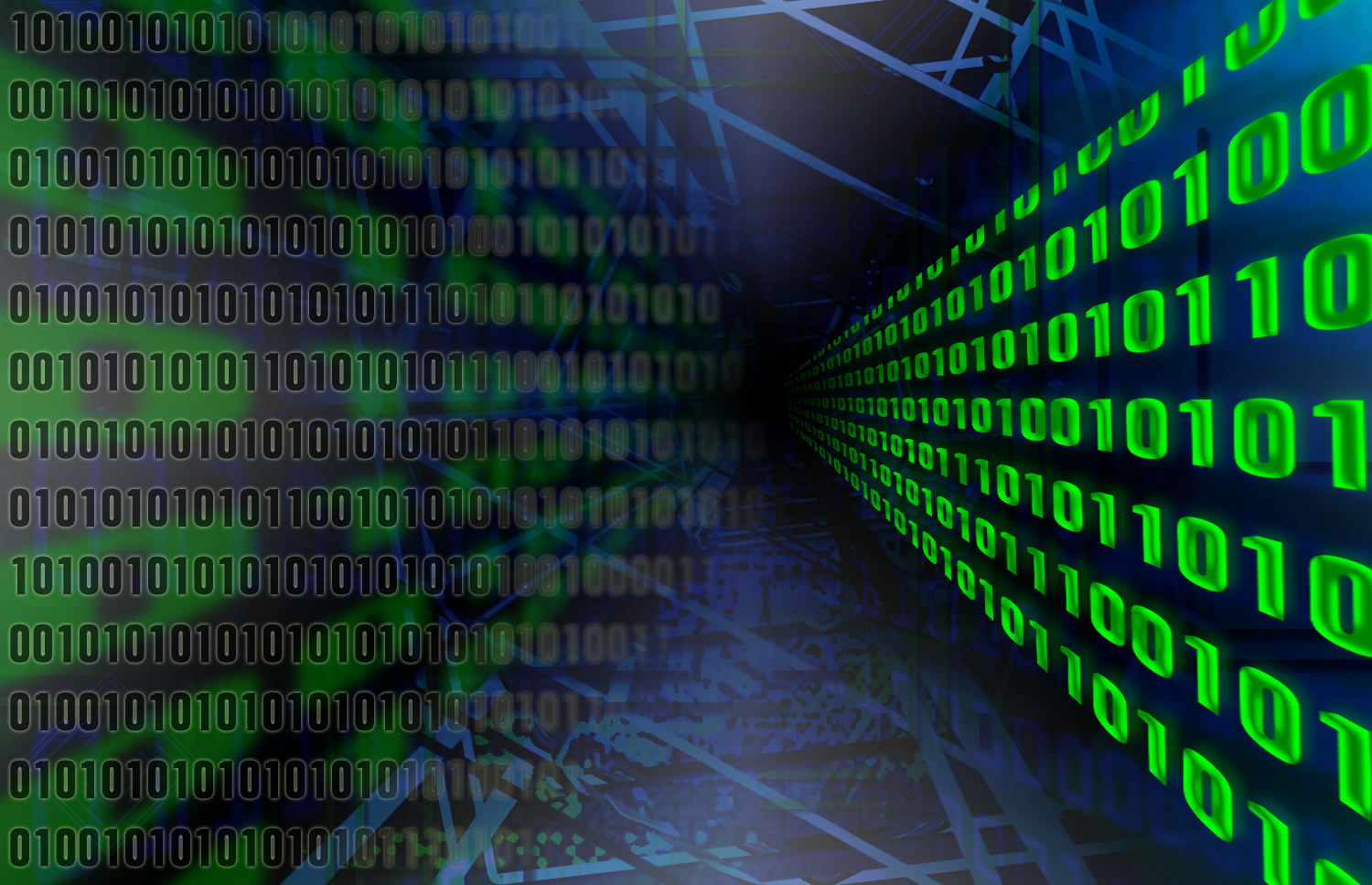This blog is part of a series published on WEFLIVE from young leaders in the One Young World community who are addressing issues across the world relating to the World Economic Forum 2017 theme of 'Responsive and Responsible Leadership'.
[[[image 1- native]]]
Imagine a world where the billions of Google searches we make every year could be used to treat dengue fever. Imagine a world where our daily interactions with mobile networks could be used to help our local governments understand traffic to make our cities greener. Imagine a world where our social media updates could be used to predict crime hotspots. Today, all of the above (and much more) is possible.
Whether we like it or not, we are living through an era of exponential data explosion, and somehow, through responsive and responsible leadership, we must move from just using data for commercial benefit to also using data for social good.
As a Millennial working in the world of telecommunications, I see hundreds of opportunities to use the exabytes of information we create on a daily basis to improve the lives of people in both developed and developing countries. Our world’s great advances in Big Data and Artificial Intelligence have brought a remarkable level of sophistication to areas such as e-commerce, manufacturing and logistics, just to name a few examples.
After making these extensive investments, private sector organizations are now finding new use cases to re-apply their data and analytical capabilities to have a social impact - learning that actually, data philanthropy could potentially be just as powerful as traditional philanthropy in a world where (excuse the cliché), data is the new oil.
However, there are a series of challenges facing those who are keen to drive forwards the Big Data for Social Good initiative in their companies. For example, many business leaders have only recently been told that data is their “greatest asset” and are therefore hesitantly holding back the key to their data lakes.
Equally, they are worried about cannibalizing other business opportunities. What impact could doing free or reduced Big Data projects have for their commercial pipeline in the public sector? This is precisely why it is so important for us to find sustainable business models for Big Data for Social Good, enabling serious and consistent collaboration between the private and public sector as well as NGOs.
Nicolas de Cordes, a pioneer in the field, said to me an interview the other week: “To scale up, we will have to make this profitable. However, we can’t make profit the main driver of our actions, the private sector has to take into account the indirect social benefits of making such projects work.” For this reason we need leaders who care about the big issues, not just their annual KPIs, who keep the Sustainable Development Goals at the back of their mind in their decisions and drive their organizations forwards responsibly, without forgetting the values we so desperately need in an increasingly divided and disobedient world.
Chief Data Officers are also concerned about the security risks associated with sharing data sets outside of their own infrastructure. What if the competition got their hands on the data? Or what if the anonymization processes of other parties are not as robust as those in place in their companies? This is something that projects such as OPAL are trying to address with their Open Algorithms approach.
Nonetheless, there is a much more complex challenge hanging over Big Data for Social Good: the dark cloud of data privacy. In recent years, the media spotlight on Snowden, Wikileaks and a string of high profile cyberattacks has led us all to ask questions about the way organizations use our data - and rightly so. But how will this evolve when the decision-makers in the boardrooms are Millennials or Generation Z? Will their differing attitudes to privacy affect the way they decide to use data even if it isn’t personal data being used anyway? Will their “data-savviness” and technological prowess allow them to find sustainable ways to convince consumers to let them exploit their anonymized data for social good?
At One Young World, I spoke about this very matter and I asked my 18 - 30 year old peers: how many of you would opt-in for your mobile phone data being used for social purposes? Overwhelmingly, the answer was yes - which perhaps has something to do with the supposed notion that 84% of Millennials consider it their duty to make the world a better place. But does this mean young people care less about privacy? Does it mean they are more likely to drive forwards the Big Data for Social Good in their respective countries?
The world’s most influential Millennial, Mark Zuckerberg, controversially said “privacy is dead” in 2010, painting a very negative picture for something which is in fact a fundamental human right. Of course, not all Millennials agree with the Facebook CEO, but it is true that they are less concerned about the privacy of their data than other generations. This is echoed in the fact that only 44% of them trust in companies to keep their personal information private, whilst only 32% of baby boomers do. Will future generations continue to care less about privacy and invest more trust in organizations? Or will their attitudes slide towards those of their seniors in the years to come as they build careers, buy houses and have children?
If we want to overcome the privacy challenge and grow the Big Data for Social Good initiative then we desperately need the leaders of today and tomorrow to reassure society by using data in a responsible way, as well as prioritizing cybersecurity so that our information is safe. If we can achieve this, then we will definitely see one-off exploratory Big Data for Social Good projects evolving into recurrent and impactful services. This will enable policy makers and NGOs to accelerate towards the 2030 Sustainable Development Goals with the responsible and responsive management of data. It’s time for data to drive our decisions and it’s time to harness the power of information for the good of mankind.
Florence Broderick currently works at LUCA, Telefónica’s specialist Big Data Unit as a Strategic Marketing Manager. Originally from the UK, Florence has worked in a variety of areas, including Connected Car, VOIP technology and mobile data insights – working in both business development and marketing roles in the sectors of Transport, Tourism, Retail and Outdoor Media. She is a One Young World ambassador having attended the summit in both Dublin (2014) and Ottawa (2016), speaking about the power of Big Data for Social Good as well as being a co-founder of the Telefónica Millennial Network.

